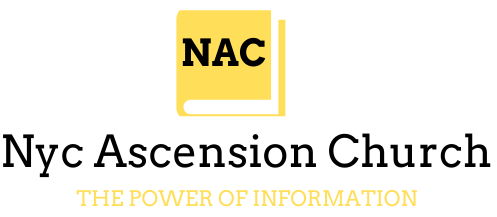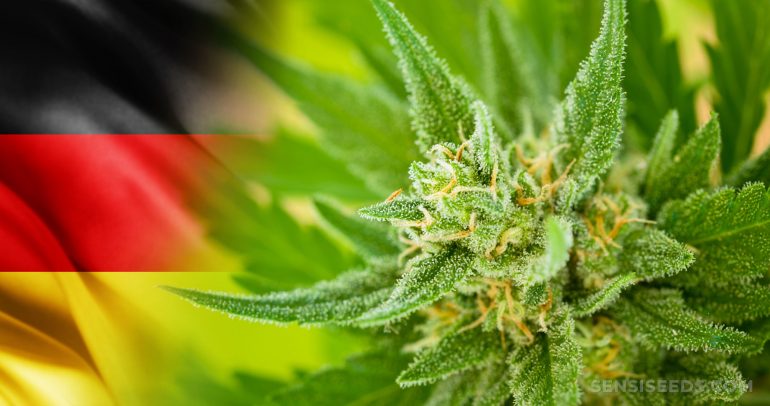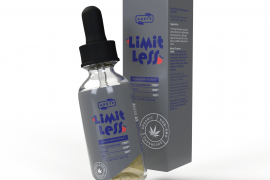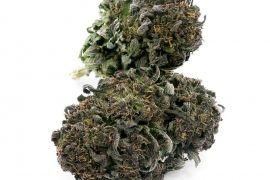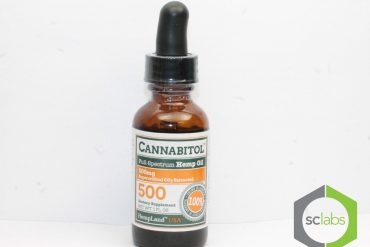Marijuana is a commonly abused drug in the US as well as other parts of the world. Users most often smoke a dry mix of brown and green stems, flowers, leaves and seeds of the hemp plant. THC is the active chemical ingredient in this drug. While several states have legalized the use of cannabis in recent times, it can cause addiction problems, regardless of its legal status.
There is a need to identify the truth behind the 3Chi Delta-8 Review & Coupon for 2021 to use them at the right cannabis products. There are no addiction problems available to the people. The choosing of the correct plan is essential to have the benefits. The status is legal for the purchasing of the products. 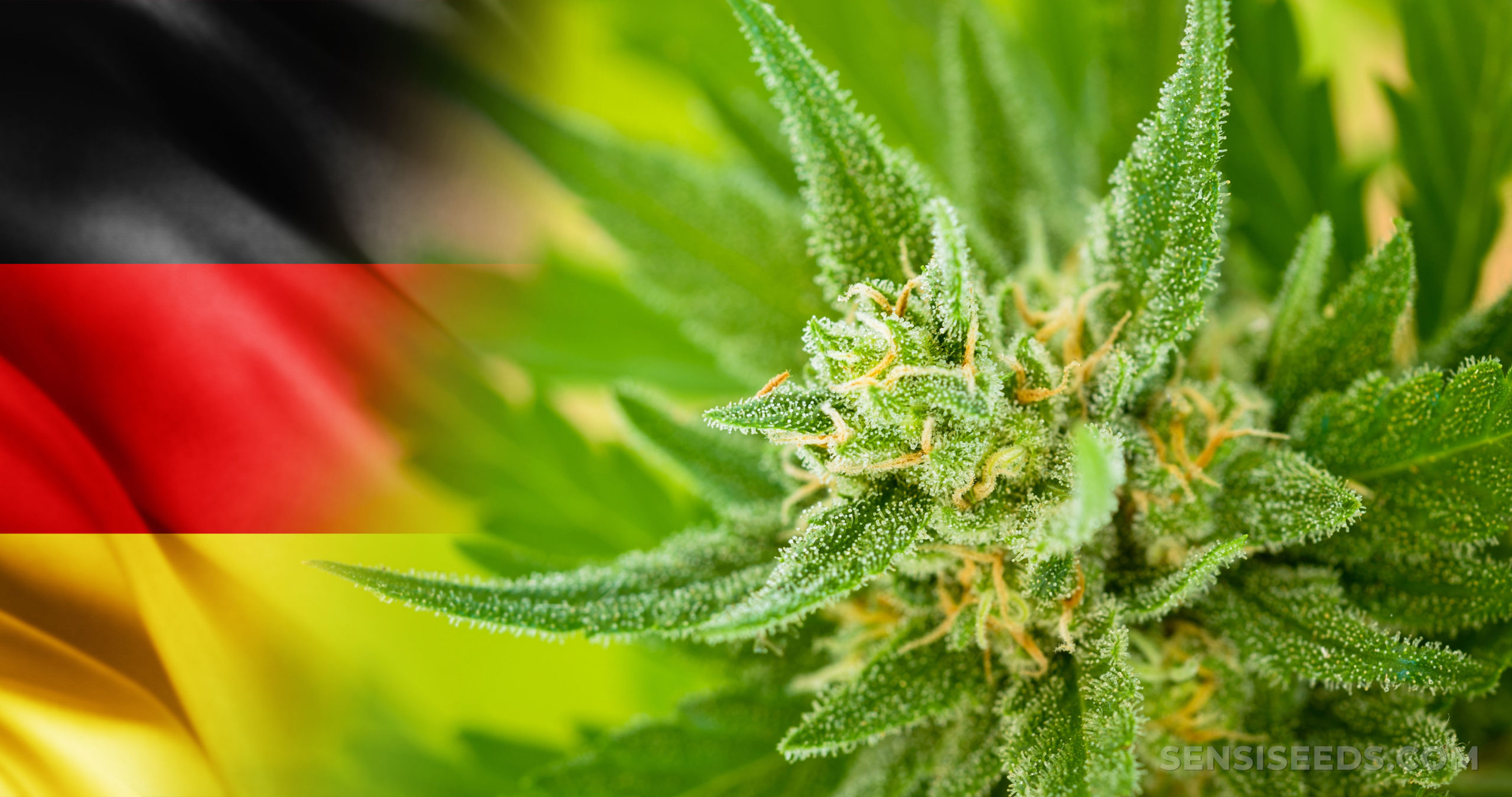
As pot is smoked, THC passes from the lungs to the bloodstream. The blood then carries the chemical to the brain as well as other organs of the body. The cannabinoid receptors react with THC resulting in several reactions that ultimately cause a high in those who smoke weed. The highest number of cannabinoid receptors is located in the portion of the brain influencing pleasure, thinking, memory, concentrating, time and sensory perception and the coordination of movement.
Marijuana intoxication causes impaired coordination, distorted perception and difficulty in problem solving and thinking. It can affect one’s learning and memory. In chronic users, the impact on learning may last many weeks after the high is over. Daily use can cause the individual to function below optimal intellectual levels continuously.
Long-term abuse of cannabis can cause addiction. Marijuana addicts compulsively seek and abuse the drug, even though it has harmful effects on the function of one’s family, work school or recreational activity. According to research, approximately one of ten users will become addicted. Among teen users, the numbers increase to almost two of ten and among daily users 25-50 percent can become addicted.
When an individual has abused marijuana for several years and tries to quit, he or she may experience withdrawal symptoms. These symptoms, include decreased appetite, irritability, anxiety, sleeplessness, and craving the drug, which often make quitting difficult. Most experience the symptoms beginning the first day following one’s abstinence, with them peaking on days two and three and subsiding within one to two weeks.
Chronic use of cannabis increases the reports of depression, anxiety and schizophrenia. Age of first use is an important risk factor for developing later problems. However, researchers are currently unsure if the cannabis use is the cause of the mental problem, makes existing problems worse or is the user’s attempt at self-medicating symptoms.
Regular use has the potential to result in problems in a user’s daily life or making existing problems worse. Heavy abuse may impair one’s life achievement and affect both mental and physical health as well as career status, social life and cognitive ability. Workers who smoke weed are more likely to be absent or tardy to their job. They are more likely to suffer from work related injuries and suffer higher job turnover.
Behavioral interventions have shown to help with treating cannabis dependence. Currently, no medications are available to ease withdrawal, prevent intoxication or prevent relapse for those who abuse this drug. However, detox followed by effective counseling and group therapy is effective in many cases.
Approximately one in six individuals admitted to treatment facilities in the US are admitted because of a dependence on this drug. These numbers are second only to the number of individuals admitted for opiates. Persons admitted for marijuana treatment were predominately male, white and young, with 30% between the ages of 12 and 17.
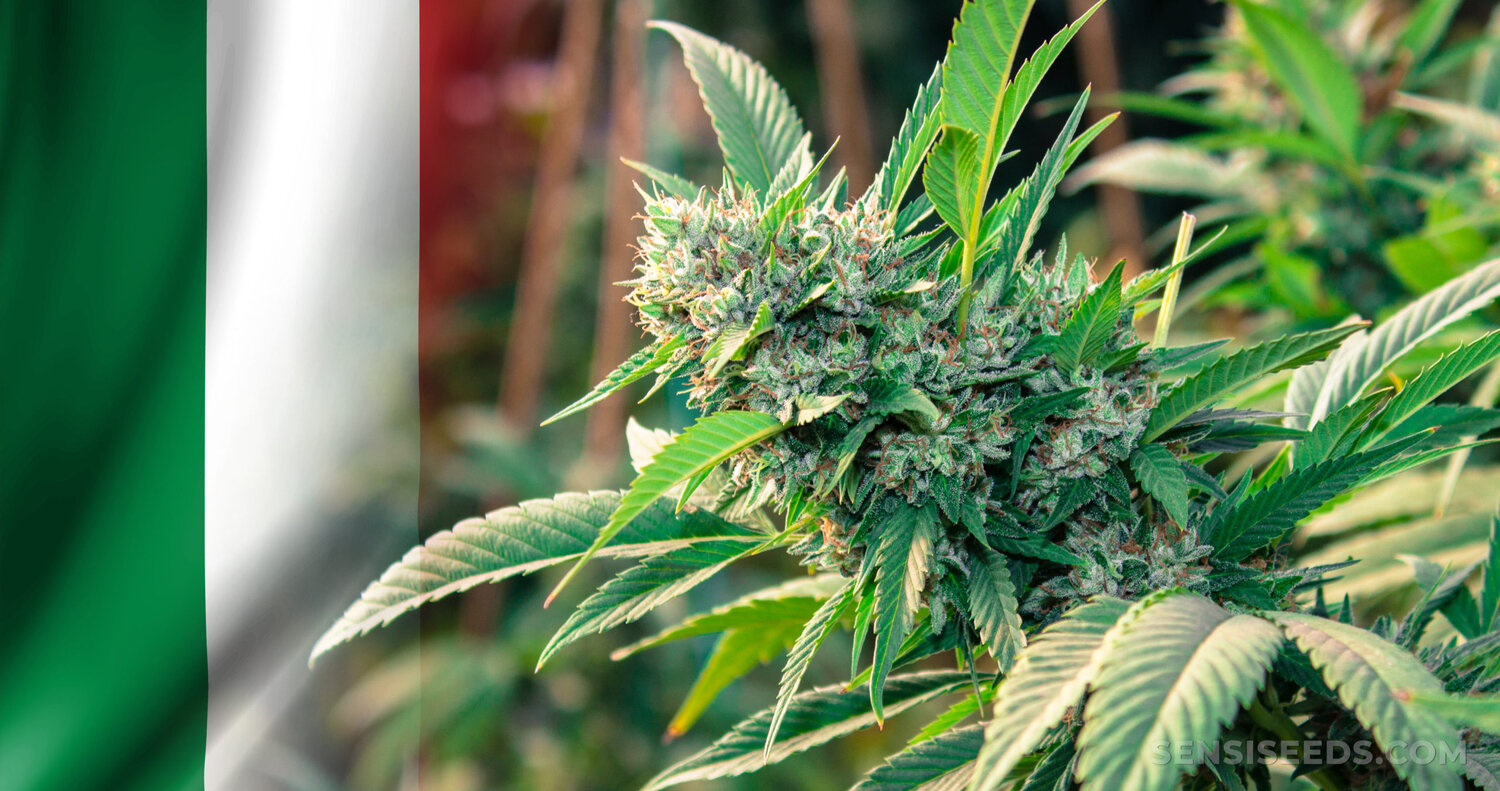
With any drug rehab, the first step is withdrawal from one’s physical depedence on the substance. This is most safely and comfortably carried out at a facility where one is monitored and has no access to the substance.
Once the body is detoxed, the patient will need to enter a treatment program. Programs for both in house treatment and outpatient therapy exist. While outpatient therapy allows one to continue working and meeting other obligations, the patient must be committed to following the program and not using drugs when away from the facility. Random drug tests are often performed on patients enrolled in an outpatient program to ensure they are following the treatment plan when away from the center.
For many years, users claimed that smoking weed did not lead to dependency. Today, research has shown that heavy abuse of cannabis results in the same emotional withdrawal symptoms one would experience from other drugs being abused. Marijuana drug abuse treatment is an effective means of leaving this drug and its effects on one’s life behind.
